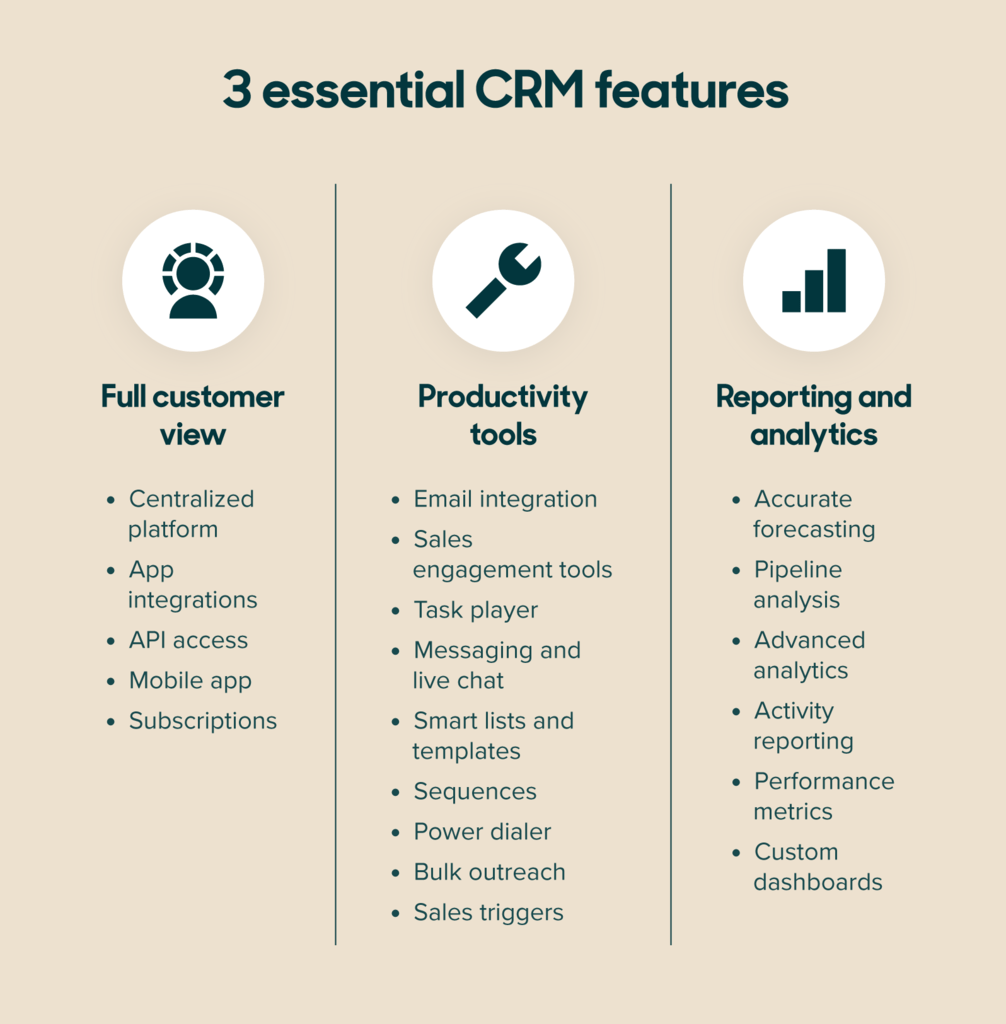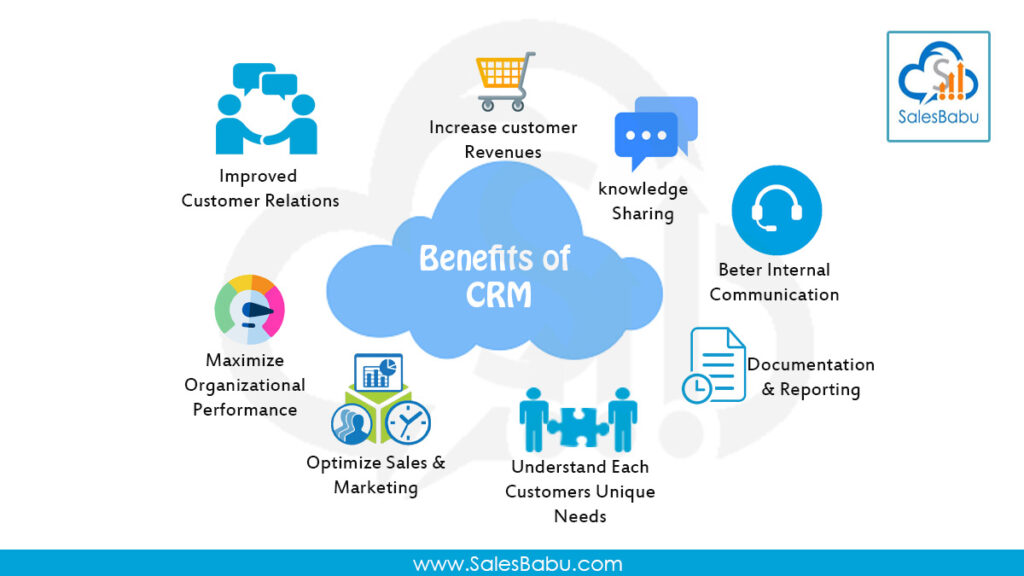Table of Contents
Best CRM System for Customer: How It Boosts Loyalty and Sales
The best CRM system for customer is more than just a tool for managing contacts. It’s an essential platform that helps businesses build long-term relationships with their customers, improve satisfaction, reduce churn, and ultimately boost sales. With the right CRM, companies can streamline their processes, enhance customer support, and personalize interactions that keep customers coming back for more.
Why the Best CRM System for Customer Retention is a Game-Changer
A CRM system for customer retention allows businesses to collect valuable customer data, giving them the ability to create personalized experiences and targeted campaigns. This customization is key in reducing churn and boosting sales, as it helps businesses meet customers’ specific needs.
The best CRM system for customer retention offers features that help businesses deliver tailored solutions to their customers:
- Customer Segmentation: By categorizing customers based on behaviour, preferences, and demographics, you can tailor your approach and improve engagement.
- Automated Follow-ups: Set up automated reminders to follow up with customers at the right moment—whether that’s sending personalized offers or simply checking in.
- Real-Time Insights: The ability to track customer interactions in real time gives businesses the data they need to make informed decisions and nurture relationships more effectively.
- How the 5 Best CRM System for Customer Retention Enhances Customer Experience
- A great CRM system is all about creating a seamless experience for your customers. With tools like automated emails, personalized promotions, and customer service support integrated into the system, the best CRM system for customer retention allows businesses to deliver exceptional customer experiences at scale. Here’s how:
How the Best CRM System for Customer Retention Enhances Customer Experience
A great CRM system is all about creating a seamless experience for your customers. With tools like automated emails, personalized promotions, and customer service support integrated into the system, the best CRM system for customer retention allows businesses to deliver exceptional customer experiences at scale. Here’s how:
- Tailored Communication: Use data from the CRM to craft personalized emails, recommendations, and promotions that resonate with each customer.
- Faster Resolution Times: With all customer information in one place, support teams can quickly solve issues, making customers feel valued and heard.
- Loyalty Programs: Implement and manage loyalty programs with ease, rewarding customers for their continued business and strengthening their commitment to your brand.
The Bottom Line: Best CRM System for Customer Retention Equals Better Sales
When a business focuses on retaining its customers, it naturally creates opportunities for growth. By implementing the best CRM system for customer retention, companies can provide outstanding service, build stronger relationships, and increase lifetime customer value. These efforts not only reduce churn but also open up new avenues for sales, as satisfied, loyal customers are more likely to make repeat purchases and refer others to your business.
With the right CRM in place, customer retention becomes less of a challenge and more of a strategic advantage. Whether you’re looking to optimize your sales funnel, enhance customer engagement, or streamline communication, the best CRM system for customer retention is a vital tool for any business looking to grow sustainably.
What Is a CRM System?
Learn Best a CRM system for customer retention improves customer satisfaction, reduces churn, and boosts sales through Tailoring data insights.
A CRM system is a software tool that helps businesses manage interactions with current and potential customers. It stores customer data, tracks communication history, manages leads, automates marketing campaigns, and provides valuable analytics to improve customer service and sales strategies
1. Personalized Customer Experiences
CRM systems centralize all customer data, allowing businesses to understand customer preferences, behaviors, and purchase history. This insight makes it easier to:
- Deliver personalized product recommendations
- Send targeted email campaigns
- Provide tailored support
Personalization makes customers feel valued, which directly boosts retention.
2. Improved Customer Support
CRM platforms help service teams resolve issues faster by providing instant access to customer records. Key benefits include:
- Faster response times
- Consistent and informed support
- Automated ticketing and follow-ups
A satisfied customer is more likely to return and refer others—making support a critical piece of your retention strategy.
3. Streamlined Sales Process
CRM systems help sales teams prioritize leads, automate workflows, and track the entire sales journey from prospect to customer. Key features include:
- Lead scoring
- Sales pipeline tracking
- Task reminders and automation
This organized approach shortens sales cycles and improves conversion rates.
4. Data-Driven Decision Making
Modern CRM platforms offer detailed reporting and analytics tools. Businesses can monitor:
- Customer lifetime value
- Churn rates
- Conversion metrics
These insights help refine marketing and sales strategies, ultimately improving ROI.
5. Marketing Automation
CRM systems often integrate with email marketing tools and social media platforms to run automated campaigns. Benefits include:
- Scheduled drip emails
- Retargeting campaigns
- Behavior-based triggers
Automation ensures consistent engagement and keeps your brand top-of-mind.
6. Enhanced Collaboration Across Teams
Sales, marketing, and customer service teams all access the same information in a CRM. This creates:
- Seamless handoffs between departments
- Consistent messaging
- Unified customer experience
When everyone’s on the same page, customers benefit—and loyalty grows.
Key Benefits of CRM Systems
- Improved Customer Relationships: CRM systems provide businesses with a 360-degree view of their customers, including their purchase history, communication preferences, and past interactions. This information helps companies deliver personalized experiences, fostering deeper relationships and improving customer satisfaction.
- Increased Sales and Revenue: CRM software helps sales teams by providing tools to manage leads, track sales activities, and prioritize high-value opportunities. By streamlining the sales process, CRM systems allow sales reps to focus on the most promising prospects and close deals faster. Additionally, CRM tools offer insights that enable businesses to cross-sell and upsell more effectively.
- Better Customer Service: With a CRM system, customer service teams can quickly access customer data, allowing them to respond faster to inquiries and resolve issues more efficiently. The system often includes features like automated ticketing, service tracking, and issue resolution, ensuring customers receive timely and accurate support.
- Enhanced Communication and Collaboration: CRM systems improve communication between teams by centralizing customer information and allowing easy sharing of data. Marketing, sales, and customer support teams can collaborate on customer outreach, campaigns, and problem-solving efforts, ensuring a consistent experience for customers across all touchpoints.
- Improved Data Analysis and Reporting: CRM systems offer robust data analytics tools that allow businesses to gain valuable insights into customer behavior, sales trends, and marketing performance. These insights can guide strategic decision-making and help businesses identify opportunities for growth and improvement.
Types of CRM Systems
CRM systems come in various forms, catering to different business needs. Here are the three primary types of CRM solutions:
- Operational CRM: This type of CRM focuses on automating and improving customer-facing business processes such as sales, marketing, and customer service. It helps streamline workflows by managing customer interactions, tracking leads, handling sales processes, and automating tasks such as follow-ups and appointment scheduling.
- Analytical CRM: Analytical CRM systems are designed to analyze customer data for the purpose of gaining deeper insights into customer behavior and market trends. These insights allow businesses to make data-driven decisions about marketing campaigns, customer segmentation, and product offerings.
- Collaborative CRM: Collaborative CRM focuses on facilitating communication and collaboration between different teams within an organization. By sharing customer information across departments—such as sales, marketing, and customer support—this type of CRM ensures that everyone involved in the customer experience is aligned and working together to meet customer needs.
CRM Features and Tools

CRM software is equipped with a variety of tools and features designed to help businesses manage customer relationships more effectively. Some common features include:
- Contact Management: Store and organize customer information, including names, contact details, purchase history, and communication preferences.
- Sales Automation: Automate tasks such as lead generation, follow-up emails, and sales pipeline management, allowing sales teams to focus on closing deals.
- Marketing Automation: Create and execute marketing campaigns, track customer engagement, and analyze results to optimize future efforts.
- Customer Support Tools: Enable customer service teams to log support tickets, track issues, and resolve complaints more efficiently.
- Analytics and Reporting: Use data insights to track customer behavior, sales performance, and overall business growth.
- Mobile Access: Many CRM systems offer mobile apps, allowing employees to access customer information and manage tasks while on the go.
How CRM Systems Work with ERP
While ERP systems focus on managing internal business processes like finance, procurement, and manufacturing, CRM systems center around managing customer interactions and sales. The integration of ERP and CRM can create a more comprehensive business solution that connects front-end customer-facing functions with back-end operations.
For instance, when a CRM system is integrated with an ERP system, customer orders and transactions can automatically be logged in the ERP system, allowing for real-time tracking of inventory, fullfillment, and billing. This integration eliminates the need for manual data entry and ensures that both sales and operations teams have access to the same up-to-date information.

Conclusion
Investing in a CRM system isn’t just about technology—it’s about putting the customer at the center of your business. With the right CRM in place, you’ll not only improve retention rates but also unlock new sales opportunities. Whether you’re a startup or an established enterprise, a CRM system is a game-changer for growth.
